What is covered?
A residency for a period of 2 years to continue working on projects in one of the ICORN cities worldwide, including:- grant covering living costs and accommodation;
- access to public services in the country/city of residence;
- and travel expenses related to relocation;
- building and developing professional networks and opportunities during the residency.
The support is provided by:
Ways to reach out:
Important information about time and eligibility restrictions, as well as further requirements:
Candidates for ICORN residencies are writers, artists, and journalists who are able to document professional literary, journalistic, and/or artistic production, and who are facing documented and/or credible threats and/or persecution for expressing their ideas and opinions through their work and activities. They are:
– At risk as a direct consequence of their writing or artistic production – in danger of being killed, abducted, physically attacked, or ‘disappeared’.
– Sentenced to, or at risk of being imprisoned by state and/or non-state actors as a direct result of their writing and/or artistic production.
– Unable to express themselves freely through writing and/or artistic production for fear of persecution due to actual and/or probable actions by state and/or non-state actors.
ICORN considers the cases of writers, artists, and journalists, including:
– Creative and Non-Fiction Writers (novelists, poets, short story writers, lyricists, playwrights, screenwriters,journalists, academics, essayists, textbook writers, bloggers, new mediawriters).
– Artists and Cultural Producers (visual artists, performance artists, theatre, film and media, sculptors, cartoonists, new media artists).
– Musicians (composers, instrumental and singers, producers).
The support offer is designed for:
About the fund:
Calls for new applications will be announced on the website.
The ICORN programme is a temporary, protective residency programme for writers, journalists and artists who are facing persecution because of their artistic, journalistic or cultural expression, and cannot continue their work or express themselves freely in their home country or region.
The purpose of the ICORN residency programme is to provide spaces where writers, journalists and artists can find rest and respite, and continue their work with the right to express ideas and opinions without fear or interference.
The standard duration of an ICORN residency is two years. The programme offers a grant covering living costs and accommodation, access to public services in the country/city of residence, and travel expenses related to relocation. The hosting city also supports in building and developing professional networks and opportunities during the residency.
Residents of the ICORN programme are connected in a larger network of human rights defenders, artists, journalists, and cultural and human rights institutions through ICORN’s international network of cities and partners.
The support offer is available in:
-
 Albania
Albania -
 Austria
Austria -
 Belgium
Belgium -
 Bosnia and Herzegovina
Bosnia and Herzegovina -
 Bulgaria
Bulgaria -
 Croatia
Croatia -
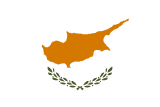 Cyprus
Cyprus -
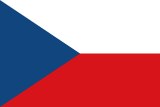 Czechia
Czechia -
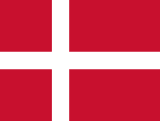 Denmark
Denmark -
 Estonia
Estonia -
 Finland
Finland -
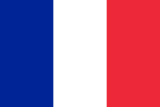 France
France -
 Georgia
Georgia -
 Germany
Germany -
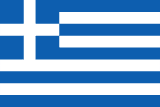 Greece
Greece -
 Hungary
Hungary -
 Ireland
Ireland -
 Italy
Italy -
 Latvia
Latvia -
 Lithuania
Lithuania -
 Luxembourg
Luxembourg -
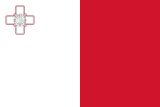 Malta
Malta -
 Moldova
Moldova -
 Montenegro
Montenegro -
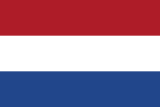 Netherlands
Netherlands -
 North Macedonia
North Macedonia -
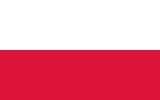 Poland
Poland -
 Portugal
Portugal -
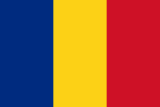 Romania
Romania -
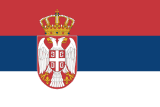 Serbia
Serbia -
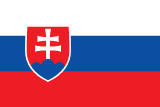 Slovakia
Slovakia -
 Slovenia
Slovenia -
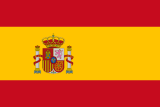 Spain
Spain -
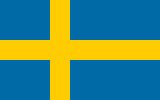 Sweden
Sweden -
 Turkey
Turkey -
 Ukraine
Ukraine -
 United Kingdom
United Kingdom
